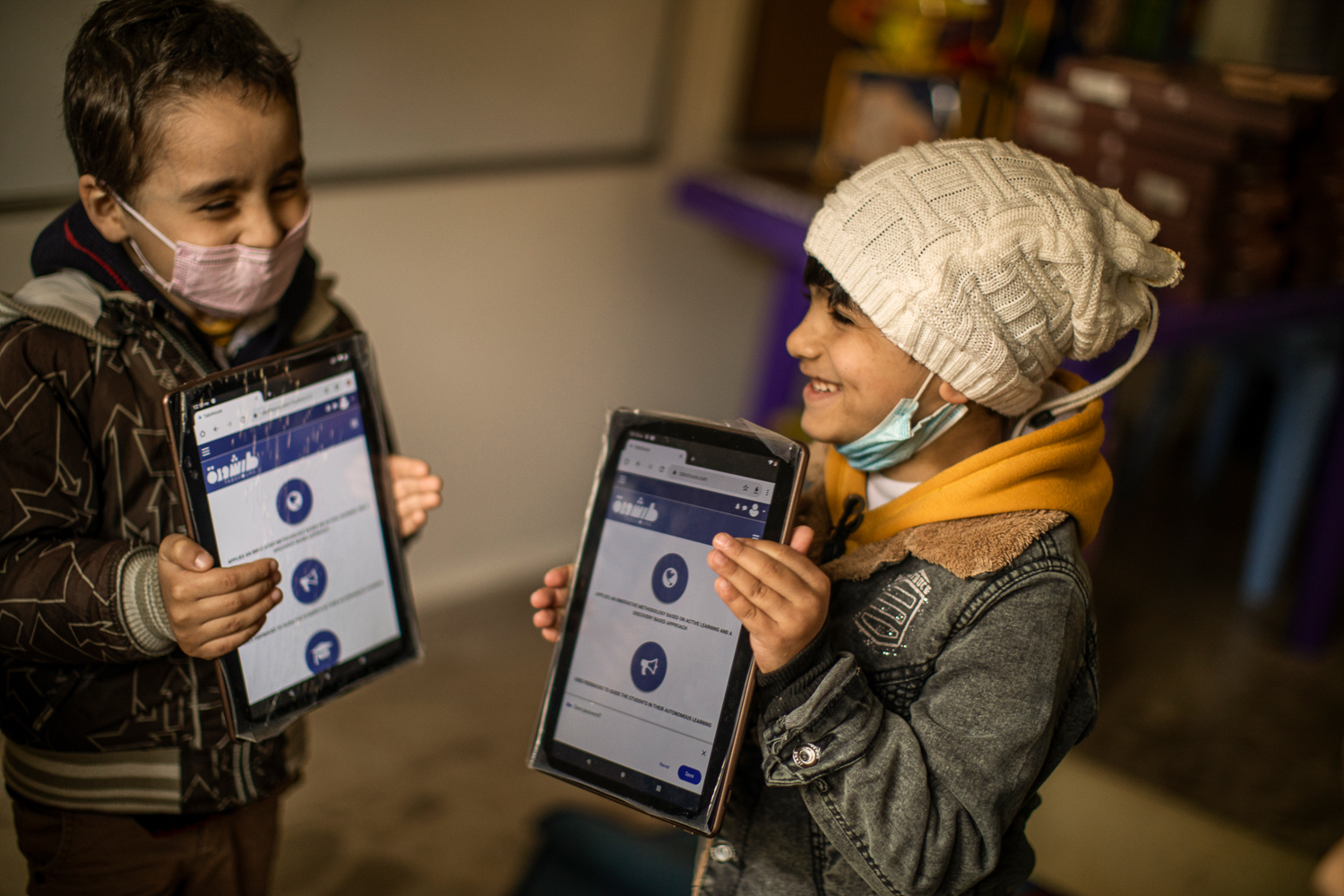
“If we want to get students interested in STEM, we need to start at an earlier age”
Global Youth Ambassadors, Technology and education
A Global Youth Ambassador from Sri Lanka explains a mission to inspire and engage young people to learn the skills they'll need in the workplace.
As technological advances become an integral part of our factories and workspaces, a strong background in STEM (science, technology, engineering and mathematics) will be non-negotiable for workers seeking to improve their career prospects.
While automated processes will make certain jobs obsolete, the need to implement and maintain automated systems will create a host of new high-paying opportunities. That is, if the next generation of workers has the skills to fill these vacancies.
The STEMUp Foundation is an NGO whose mission is to inspire and engage students to become interested in pursuing STEM degrees and careers. Our mission is fulfilled through the programmes and resources we offer to the Sri Lankan community.
We support a view that STEM literacy is a foundation skill that matters for all careers. STEM builds critical thinking abilities, creativity and collaboration skills.
Gaining STEM proficiency provides the basis for these skills and builds the flexibility to adapt quickly to frequent changes in the labour market.
If we want to get students interested in STEM, we need to start at an earlier age. Lighting an interest in STEM before secondary school is a goal that we aspire to.
How Micro:bit, a little programmable computer, is adding extra value to the education system
The BBC Micro:bit is really easy to pick up and use with little training, and can be programmed using a variety of free drag-and-drop, block-based coding platforms on a PC, laptop or Bluetooth-enabled smartphone or tablet.
Although it’s small enough to fit into the palm of your hand, it has a screen, on-board sensors and the option to add a host of exciting peripherals such as servo motors, lights, switches and all manner of sensors – and even robots.

STEMUp Educational Foundation runs several initiatives to get students interested in STEM as early as possible. Micro:bit Sri Lanka User Group (SLUG) is one of most successful programmes by the foundation.
When Sri Lanka became a part of the micro:bit community we received devices and learning materials with the mission of helping future innovators to increase computer programming capabilities and empower every child in Sri Lanka.
Micro:bit SLUG conducted its first awareness session in the rural village of Udubaddawa, Kuliyapitiya, through an hour of code for school children rather than kickstarting with an introductory session in Colombo.
Since then we have conducted awareness sessions, distribution of free micro:bit devices, conducted ideation competitions and provided support for micro:bit user groups abroad.
The organisation consists of 400+ young volunteers from professional organisations and universities to lay the foundation of coding among youngsters in Sri Lanka. The target student audience is from 11-year-olds to university students. Micro:bit SLUG will reach 8000 students by the end of 2018.
National Level Inter School and University Hackathon
Recently we held an island-wide hackathon which was based on Micro:bit.
Out of around 80 applications, the top 25 ideas were selected to enter the final round of the competition. The finalists were divided into categories and the university teams had 24 hours to compete, whereas the school-aged children had eight hours.
After an intense 24 hours of hacking, the final products were evaluated by a panel of tech giants in the industry to select the winning idea. Those teams were representing both urban and rural schools and institutes.
Our expectation was not only to see commercially-viable products but to also give them the opportunity to make this competition a turning point of their lives.
While there is no one solution to solve the STEM skills gap, this initiative could go a long way in improving STEM education and in providing the skills needed to prosper in our emerging economy.
More news

African youth rise up to demand early years spending target is met
